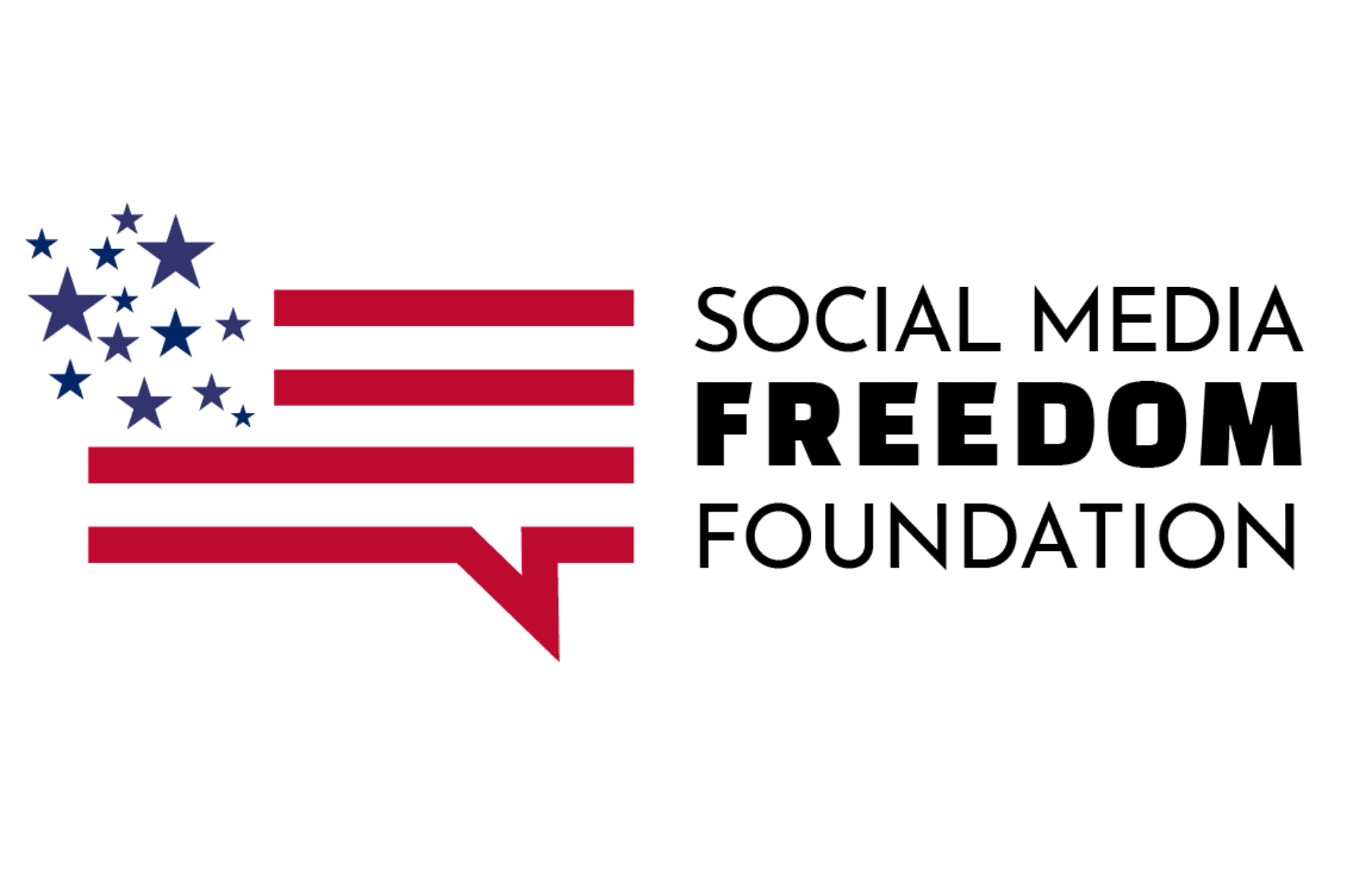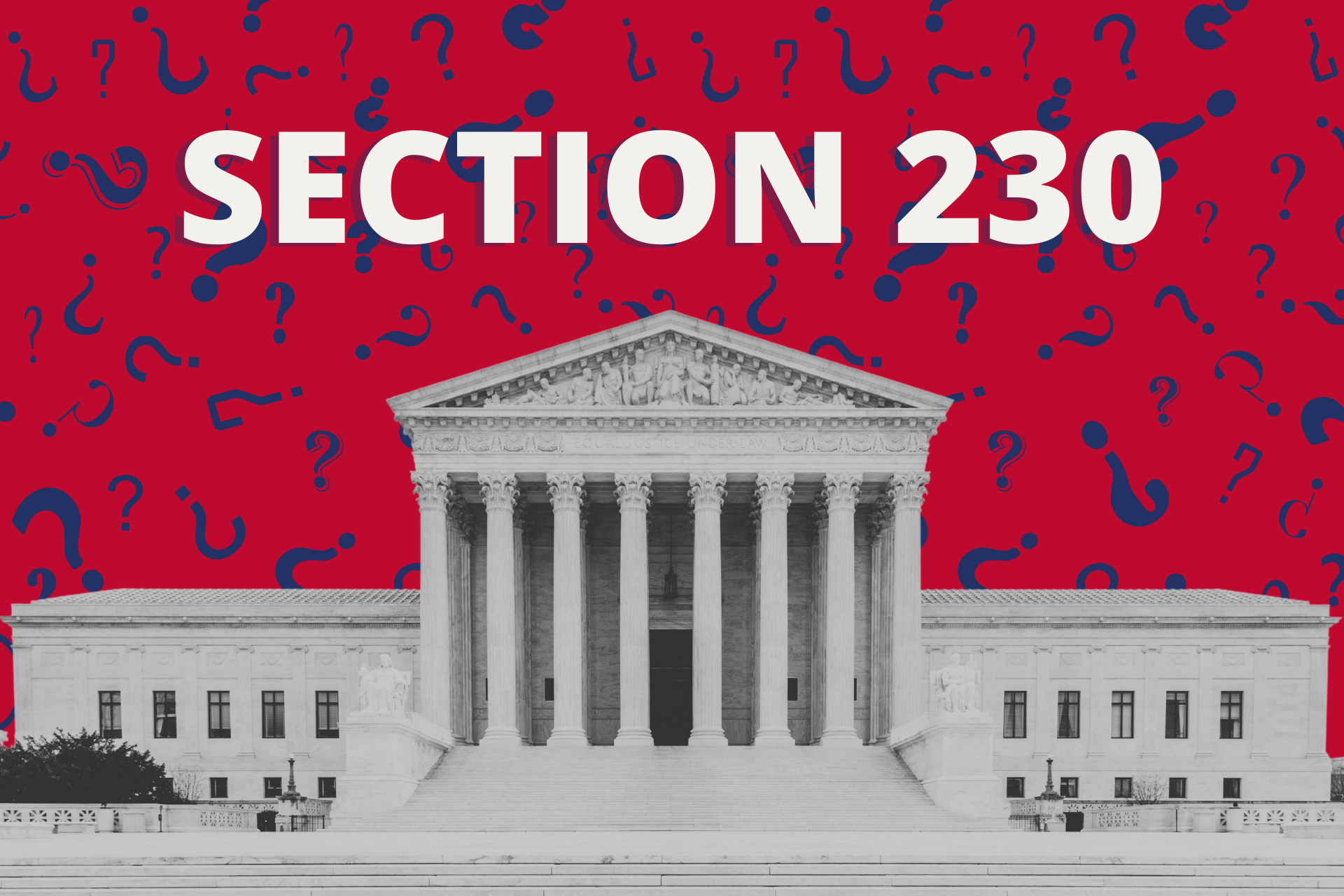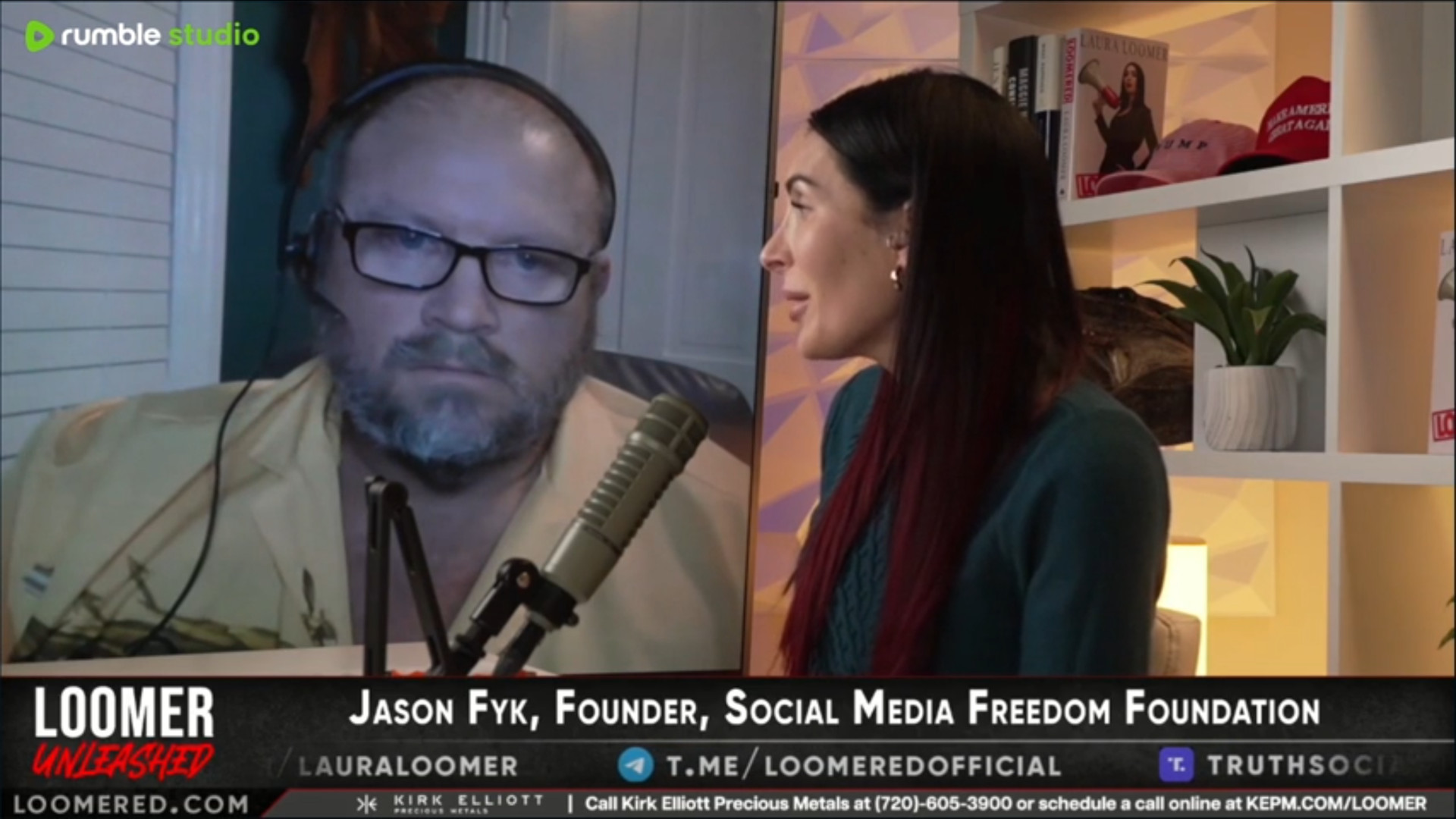Section 230 of the CDA Is Anything but Settled Law
Many would have you believe that Section 230 is “settled law”, especially the “tech oligarchs” and their “online minions”. They have motive to advocate in this way. But how can Section 230 be “settled law” if the United States Supreme Court has never interpreted the statute? In January 2021, the Supreme Court had the opportunity to do just that with Fyk v. Facebook, but unfortunately, it declined to hear my case.
You may have your own opinion as to what Section 230 of the Communications Decency Act (CDA) really is, and maybe why you believe it is unconstitutional or not. The most commonly cited concerns include censorship and antitrust behavior. However, both sides of the political aisle take up issue with this statute’s unfettered regulatory discretion. Regardless of your position on this law, it is about time we resolve the confusion and determine the correct interpretation of this law.
Ironically, the adjudication of Section 230 should be fairly straightforward. However, it has been interpreted and applied in any way but, straightforward. As Justice Thomas noted in the 2020 case Enigma v. Malwarebytes, there is a lot of “questionable precedent” surrounding the proper interpretation of Section 230. This lack of clarity of such an important legal statute is not healthy.
Most of us correctly recognize that Section 230 is a civil liability protection. However, others would have us believe it is instead a protection of the First Amendment, which is simply not the case. Rights in this nation are ensured first and foremost by the Constitution, which is considered superior to any subsequent law. Service providers (or anyone for that matter) had their First Amendment right to host or remove content before Section 230 was enacted and they still have their First Amendment right after Section 230 became law. The only legal contribution, with the enactment of Section 230, was the civil liability protection and regulatory authority granted by the United States government.
But what does this “protection” entail? In order to properly understand Section 230, we need to look at the law’s origin. But, you may be thinking, “oh, these laws came into play circa 1996”, and here, you would be wrong. To understand this law, we must look back even further. In fact, we must look all the way back to the origin of the earliest independent regulatory agency, the United States Postal Service (USPS). Besides being enacted as an agency, even before the United States officially declared independence from Britain, “[i]t is one of the few government agencies explicitly authorized by the United States Constitution… The Postal Service is legally obligated to serve all Americans, regardless of geography, at uniform price and quality.” (Wikipedia – USPS) The USPS remains unique to this day as one of less than seventy independently operated agencies authorized by the United States.
Along with the responsibility of being an official government agency, certain specific rules apply to government appointed regulatory commissions. For example, why is the USPS “obligated” to “serve all Americans” and why must the price and quality be “uniform”? To answer these questions, we must consider Congress’ delegation of authority granted to the USPS. According to the Cornell Law School’s Legal Information Institute: “The non-delegation doctrine of the United States Constitution is a principle in administrative law that Congress cannot delegate its legislative powers to other entities. This prohibition typically involves Congress delegating its powers to administrative agencies or to private organizations”. So, we see, the Constitution expressly forbids Congress from delegating “legislative powers to other entities”, yet, as we also see, such delegation happens all the time.
If Congress “cannot delegate its legislative powers”, then how is Congress’ delegation of authority to the USPS Constitutional? The 1928 case of J. W. Hampton, Jr. & Co. v. United States [held] “that Congressional delegation of legislative authority is an implied power of Congress that is constitutional so long as Congress provides an ‘intelligible principle’… So long as Congress ‘shall lay down by legislative act an intelligible principle to which the person or body authorized to [exercise the delegated authority] is directed to conform, such legislative action is not a forbidden delegation of legislative power”.
America’s growth was likely inconceivable when the Constitution was written. The growth of the internet was equally as inconceivable when Section 230 was made law. All this considered, America’s vastness calls for regulation that far exceeds the capabilities of Congress. The United States Supreme Court recognized Congress’ inability to regulate all industries. For this reason, the Supreme Court determined that, so long as Congress laid down an easily understood obligation to uniformly serve all Americans, or an “Intelligible principle”, upon which to base its regulations, such “action is not a forbidden delegation of legislative power”.
The USPS operates under an “Intelligible Principle”, as outlined with the Universal Service Obligation, and likewise also applies to the Federal Communications Commission (FCC). According to the FCC’s official government website, “Universal Service is a cornerstone of the law that established the FCC… The Telecommunications Act of 1996 expanded the traditional goal of universal service to include increased access to both telecommunications and advanced services – such as high-speed Internet – for all consumers at just, reasonable and affordable rates”.
You may be asking yourself, what does all this Constitutional mumbo-jumbo have to do with Section 230? Well, Section 230’s regulatory authority also came with a Congressionally delegated “Intelligible Principle”. The “Good Samaritan” provision of the Communications Decency Act is the “easily understood obligation to uniformly serve all Americans”, as expressed in Section 230(c). Yes, Section 230 is a Congressional delegation of (regulatory) authority, just like the USPS and the FCC were granted, which must be predicated on uniform enforcement and service to the public interest.
Have service providers regulated content uniformly and have they done so in the public interest? I believe I can answer that question for many of us with an emphatic, “no”! So, why has Section 230 not been uniformly enforced or enforced in the public interest? The answer is the following: unlike official regulatory agents (USPS or FCC), who adhere to objective guidelines, Section 230’s authority was granted to private entities who have no discernable guidelines. Without objective guidelines or congressional oversight, private entities inevitably create and enforce regulatory code in their own interests.
In its 1936 decision of Carter v. Carter Coal Mining inc., the Supreme Court held that Congress’ delegation of authority to the commission (private entities) was unconstitutional because it conferred power not to an official body “but to private persons whose interests may be and often are adverse to the interests of others in the same business.” Id. at 311. While the Court struck down the delegation by citing to the Fifth Amendment’s Due Process Clause,the nondelegation doctrine loomed largely in the background of the decision, with the Court calling Congress’ actions “legislative delegation in its most obnoxious form.”
Under Congress’ section 230 delegatory authority (civil liability protection), private companies like Google, Facebook and Twitter have the power to create and enforce any legislative regulatory code (Community Standards) they deem “in the public interest”, without any Congressional guidelines or oversight. How does this work? According to longstanding Administrative Law, “Agencies are delegated power by Congress… to act as agencies responsible for carrying out certain prerogative of the Congress [here, blocking or screening of offensive material]. Agencies are created through their own organic statutes [here, Section 230], which establish new laws [here, regulatory/community “standards”], and doing so, creates the respective agencies to interpret, administer and enforce those new laws. Generally, administrative agencies are created to protect a public interest rather than to vindicate private right”. Without objective guidelines set forth in Section 230 or Congressional oversight, the agency (here, a private business) is free to interpret (or more often misinterpret) terms such as “offensive” or “objectionable” based on their own self-interest rather than in the interest of the public.
Congress is not alone in its failure to protect the public interest. The court’s overly broad misinterpretation of the statute, has further exacerbated the problem. Referencing the principle of a “public interest” standard, Justice Scalia once noted, that “[t]his standard has effectively allowed Congress to grant administrative agencies [here, private enterprise] the authority to create any rules they deem to be in the public interest, solely relying on the agency’s own views and policy agenda rather than requiring Congress to set forth objective guidelines”. Section 230 is no exception, and in fact, Section 230 perfectly exemplifies this statement. The “agency”, (here, Google, Twitter, Facebook and others) regulate, for their own “interests, solely relying on the agency’s own views and policy agenda” fraudulently deeming their actions “in the public interest”.
Not only has Section 230 granted nearly unlimited discretion to self-interested private businesses, the courts have helped propel the problem even further. In a concurring opinion offered in the Ninth Circuit Court’s 2009 ruling of Zango, Inc. v. Kaspersky Lab, Inc, “Judge Raymond C. Fisher warned that pernicious [harmful] consequences could follow if future courts permitted online platforms to have unchecked authority to define what content is ‘otherwise objectionable’”. In explaining that, he had “anticompetitive blocking in mind”, Judge Fisher wrote that “[u]nless [Section 230] imposes some good faith limitation on what a blocking software provider can consider ‘otherwise objectionable’, or some requirement that blocking be consistent with user choice, immunity might stretch to cover conduct Congress very likely did not intend to immunize”.
In other words, Judge Fisher warned us in 2009 of potential future Section 230 abuse, if the courts failed to “impose some good faith limitations” on what content can and/or cannot be “block[ed] or screen[ed]”. He knew that the regulatory authority granted to private businesses would most likely not be consistent with user choice (“public interest”) and inevitably lead to immunity stretching beyond what Congress could have intended. As Justice Thomas noted in a statement regarding his ruling for a Section 230 case, referencing R. Smolla’s “Law of Defamation”: “[c]ourts have extended the immunity in [section] 230 far beyond anything that plausibly could have been intended by Congress”.
My lawsuit, Fyk v. Facebook asked a very simple question “…whether Facebook can, without consequence, engage in brazen tortious, unfair and anticompetitive, extortionate, and/or fraudulent practices…” In late 2019 (after my case was dismissed), the Ninth Circuit Court determined in consideration of Enigma v. Malwarebytes that “[t]he Good Samaritan provision of the Communications Decency Act does not immunize blocking and filtering decisions that are driven by anticompetitive animus”.
Again, my lawsuit was entirely about Facebook’s unlawful anticompetitive conduct. My case was a tort (tortious) claim. My case had absolutely nothing to do with treating Facebook as the publisher or speaker of my content, rather, it was entirely about addressing Facebook’s own anticompetitive blocking and filtering decisions.
In my case, and many others, the court used an outdated and overly-broad, three-part test to determine immunity. This test is so broad that it provides immunity from any and all publishing conduct so long as the content originated with a third-party.
Currently-used Incorrect Legal Test: (Barnes vs. Yahoo!, Inc.)
Immunity from liability exists for:
- a provider or user of an interactive computer service
- whom a plaintiff seeks to treat, under a state law cause of action, [as]
- a publisher or speaker of information provided by another information content provider.
Quoting Barnes v. Yahoo! Inc., the 9th Circuit Court stated, “[r]emoving content is something publishers do…. It is because such conduct is publishing conduct that we have insisted that Section 230 protects from liability any activity that can be boiled down to deciding whether to exclude material that third parties seek to post online”. Consider this statement carefully, in conjunction with the court’s three-part test. If one cannot be treated as “a publisher” (so long as the content was “provided” by another), then any and all of their own publishing conduct is perforce immune, which extends well beyond just “removing content”. This interpretation of Section 230 would immunize all unlawful publishing conduct and as a result, all provisional publishing conduct such as creating and/or developing information. The three-part test is simply too vague and too broad to be adequately applied.
As Justice Thomas noted in Enigma v. Malwarebytes, “Many courts have construed the law broadly to confer sweeping immunity on some of the largest companies in the world… Adopting the too-common practice of reading extra immunity into statutes where it does not belong”. To be clear, section 230 does not protect from liability “any” publishing action. It protects, specific publishing actions when restricting content as a “Good Samaritan”, voluntarily, in good faith, uniformly when acting in the interest of the public.
As an example of the court’s overly broad misinterpretation of the statute: under Section 230(c)(1), if a service provider cannot be treated as “a publisher” (a secondary publisher) who is a publisher in addition to,“the publisher or speaker”, (the preexisting publisher)– (such is the actual language of the statute), in relation to content originating from the third party and without any measure of motive, then Section 230(c)(1) would immunize any and all of a service provider’s own unlawful secondary publishing conduct. So we see, in my case, the California courts have, as Justice Thomas warmed, “extended the immunity in [Section] 230 far beyond anything that plausibly could have been intended by Congress”.
Additionally, if Section 230(c)(1) protects all publishing functions, including “restricting access to or availability of materials”, without any measure of motive (as the California Courts wrongly believe), Section 230(c)(1) would swallow the purpose of the very next statute as well. Justice Thomas noted the same in his comments on Enigma v. Malwarebytes, “[t]he decisions that broadly interpret [Section] 230(c)(1) to protect traditional publisher functions also eviscerated the narrower liability shield Congress included in the statute [Section 230(c)(2)(A)]. Section 230 immunity needs to be put to an entirely new test. This is a narrower, more refined test I propose the courts use:
Proper (modified) Legal Test: (Fyk vs. Facebook)
Immunity from liability exists for:
- a “Good Samaritan” — [Section 230(c)] —
- who is the provider or user of an interactive computer service
- whom a plaintiff seeks to treat, under a state law cause of action, as “the publisher” or speaker of information provided exclusively by another information content provider — [Section 230(c)(1)] —
- who takes any voluntary action, as “a publisher”, to restrict ‘offensive materials’ in “good faith” — [Section 230(c)(2)(a)] —
- who takes any action to enable another information content provider the technical means to restrict materials – [Section 230(c)(2)(b)]
Section 230 is anything but settled law. If the California courts were, for example, somehow correct about Section 230(c)(1)’s immunizing all publishing conduct without any measure of motive (so long as the content originated with a third party), then any and all unlawful publishing conduct, such as discrimination, anticompetitive conduct, election tampering, practicing medicine without a license, restricting public officials and yes, even state action would be immune from liability under Section 230(c)(1) and Section 230(c)(2) would be entirely useless. As Justice Thomas pointed out, this result cannot “plausibly [] have been intended by Congress”.
Section 230 needs to be reevaluated by the courts, despite them failing to take that opportunity with my case. There is reason to believe this could happen soon. For example, just recently, the 2nd Circuit Court of Appeals agreed to hear the dispute Domen v. Vimeo, a Section 230 case based on sexual orientation and religious discrimination. This case’s outcome will have direct impact on my case, because if somehow my court was correct in its interpretation that Section 230(c)(1) protects all publishing conduct without any measure of motive, then discriminating based on sexual orientation or religion would be immune. I doubt that Congress’ intention for section 230 was intended to immunize sexual and religious discrimination, “solely relying on the agency’s own views and policy agenda”.
The important questions I leave with you. Do you believe it was Congress’ intention to immunize any and all publishing conduct, including that which is unlawful, such as political censorship, market manipulation, , discrimination, anticompetitive conduct or elicit a medical response, simply because it occurred within the ether of the internet? And do you truly believe Congress intended to hand off its own duties, such that it is relying on a competitive private entity’s own discretion, views and policy agenda to make moral and fair decisions for its users? I would like to hope that we might have some better clarity on these questions soon.




